Market Trends
Key Emerging Trends in the Gaming Market
The gaming market has experienced significant shifts in recent years, driven by technological advancements, changing consumer preferences, and evolving industry dynamics. One notable trend is the increasing popularity of mobile gaming. With the widespread availability of smartphones and tablets, more people are engaging in gaming on-the-go, leading to a surge in mobile game downloads and revenue. This trend is expected to continue as mobile devices become more powerful and developers tap into the potential of this platform.
Another prominent trend is the rise of esports. Competitive gaming has grown into a global phenomenon, with professional players, teams, and tournaments attracting massive audiences both online and offline. Esports events fill stadiums and arenas, while millions tune in to watch competitions livestreamed on platforms like Twitch and YouTube. This trend has not only transformed gaming into a spectator sport but has also created new opportunities for players, coaches, sponsors, and advertisers.
Furthermore, the gaming industry has witnessed a shift towards subscription-based models and digital distribution. Subscription services like Xbox Game Pass, PlayStation Now, and Apple Arcade offer consumers access to a library of games for a monthly fee, providing greater affordability and convenience compared to traditional retail purchases. Additionally, digital storefronts such as Steam, Epic Games Store, and the Nintendo eShop have become the primary channels for purchasing and downloading games, reflecting a broader trend towards digitalization and online connectivity.
The emergence of cloud gaming is another significant trend reshaping the gaming landscape. Services like Google Stadia, NVIDIA GeForce Now, and Xbox Cloud Gaming allow players to stream games directly to their devices, eliminating the need for high-end hardware and expanding access to gaming experiences. As internet infrastructure improves and streaming technology advances, cloud gaming has the potential to revolutionize how games are played and distributed.
Moreover, the gaming market has seen increased crossover between traditional entertainment industries, such as film, television, and music. Major franchises are being adapted into games, and vice versa, as companies recognize the value of intellectual property across different mediums. This convergence has led to collaborations between game developers, Hollywood studios, and celebrity influencers, blurring the lines between gaming and mainstream media.
In addition, the gaming market continues to diversify in terms of genres and target demographics. While traditional genres like action, adventure, and sports remain popular, niche categories such as indie games, narrative-driven experiences, and virtual reality (VR) titles are gaining traction among specific audiences. Furthermore, the expanding global reach of gaming has led to greater localization efforts, with developers creating content tailored to different cultural preferences and languages.
Furthermore, the gaming industry is increasingly embracing sustainability and social responsibility. With growing concerns about the environmental impact of gaming hardware production and energy consumption, companies are investing in eco-friendly initiatives and promoting energy-efficient technologies. Additionally, gaming communities are becoming more inclusive and diverse, with efforts to address issues of representation, accessibility, and online safety.


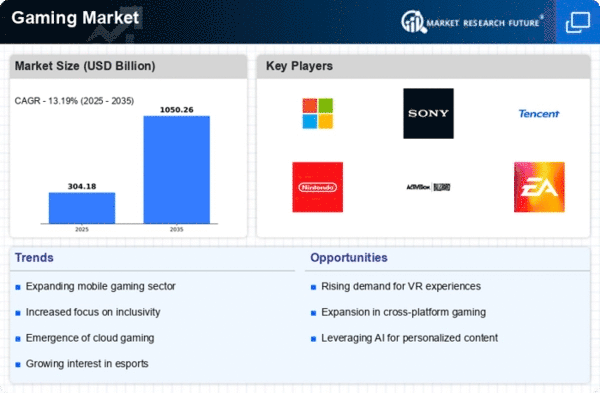
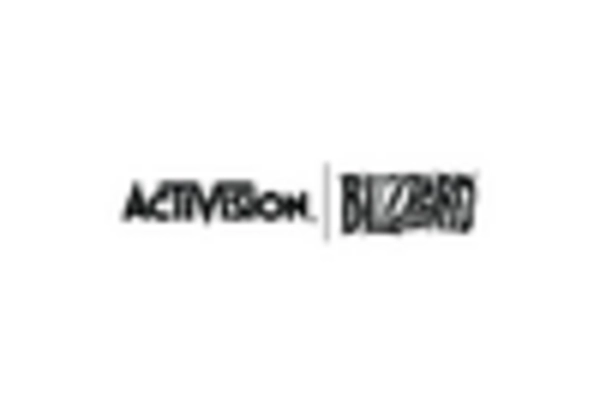
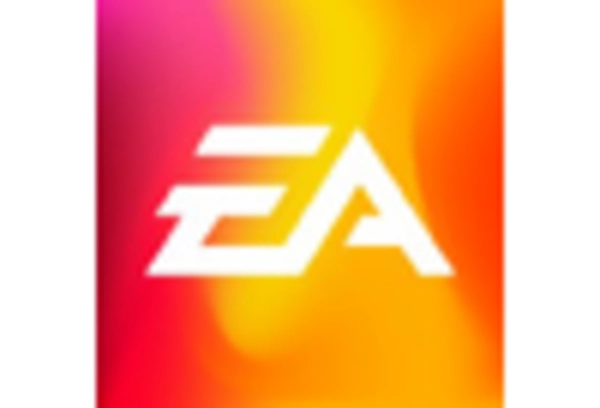

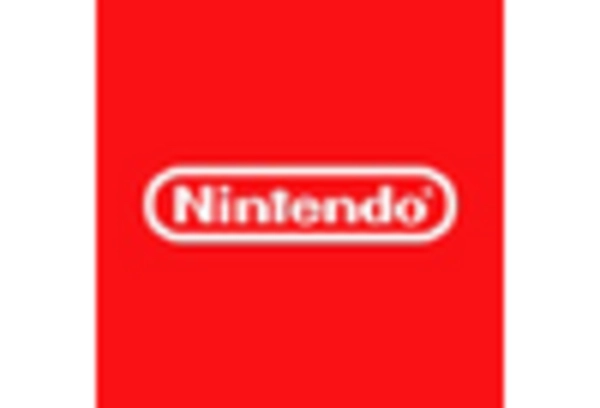
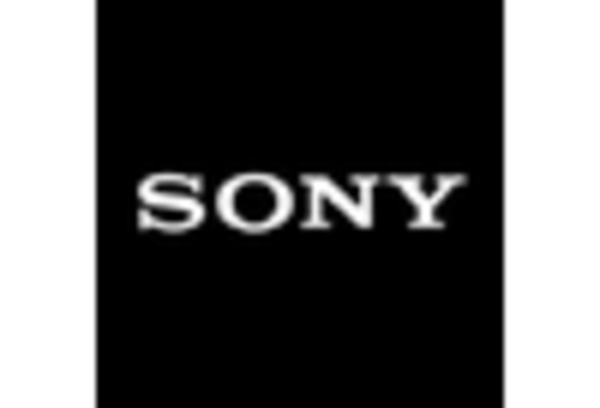
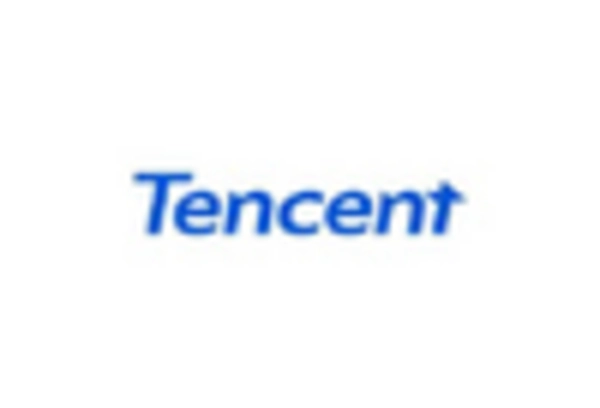









Leave a Comment